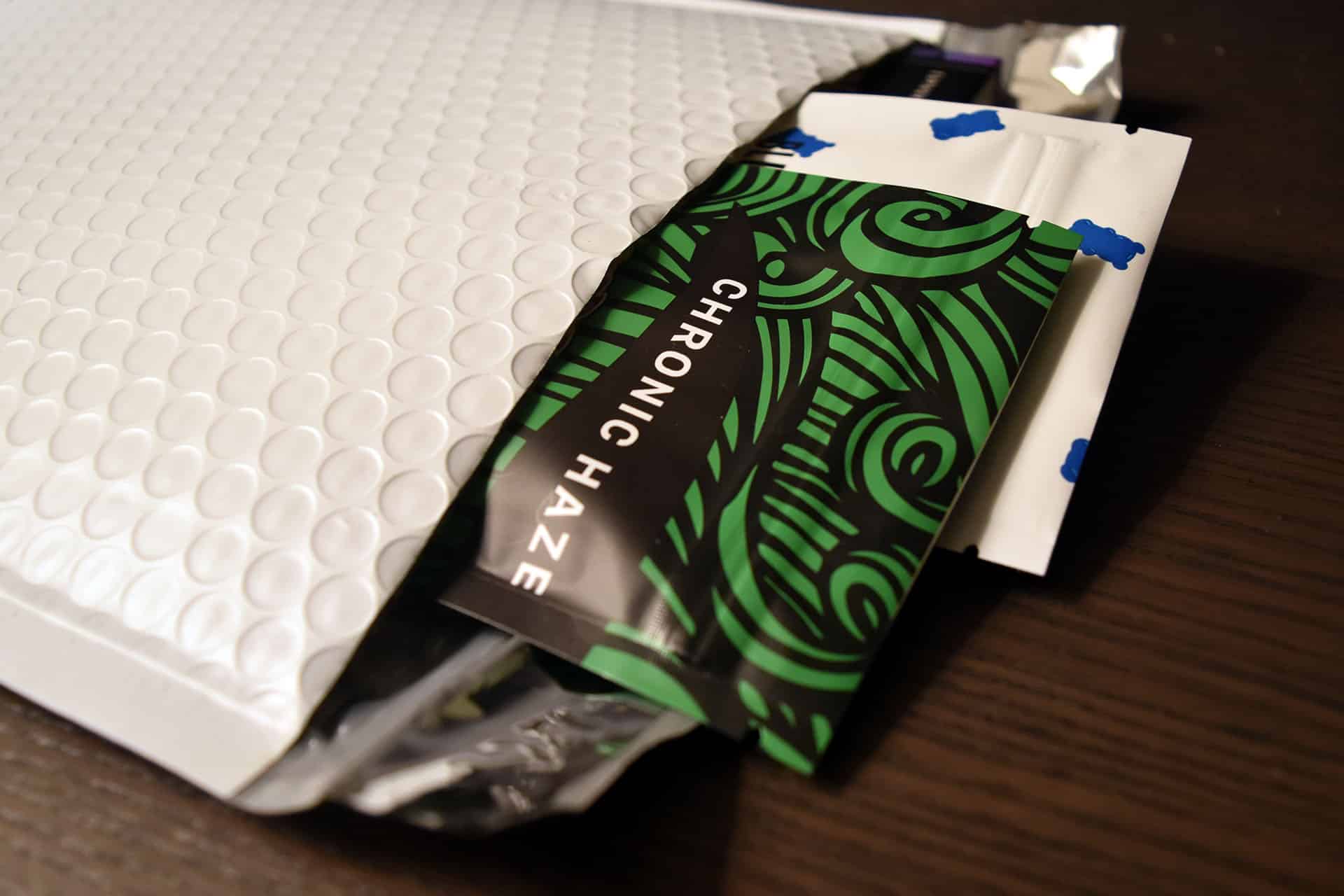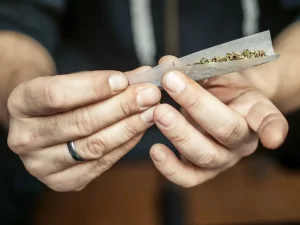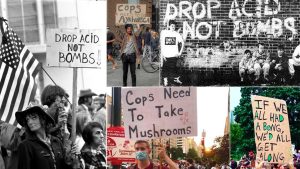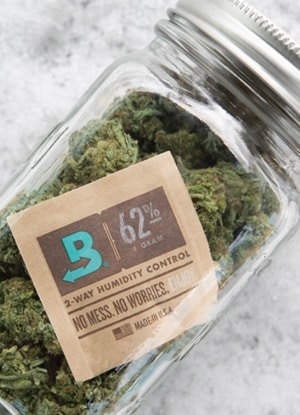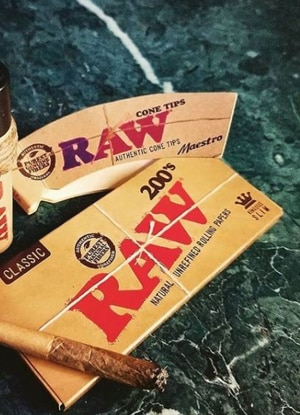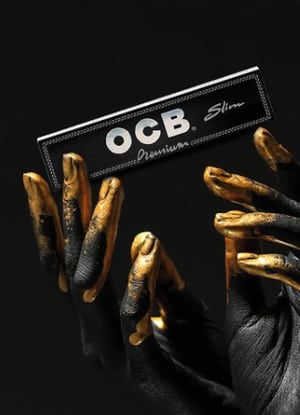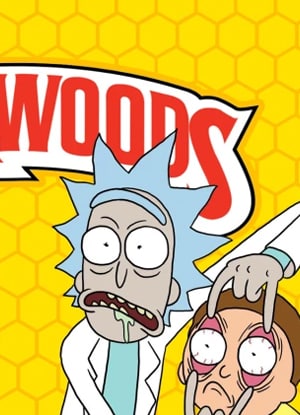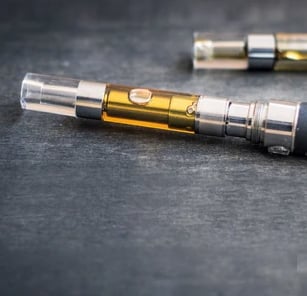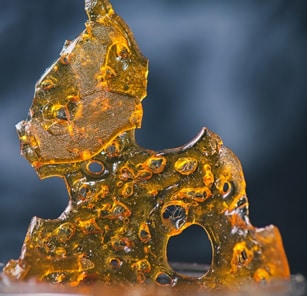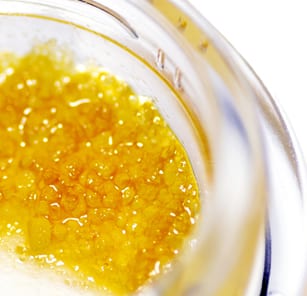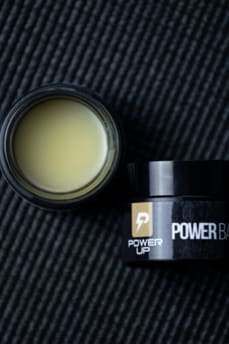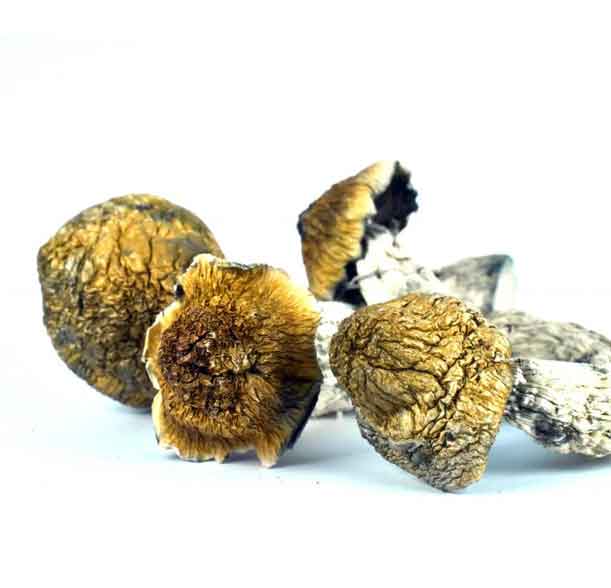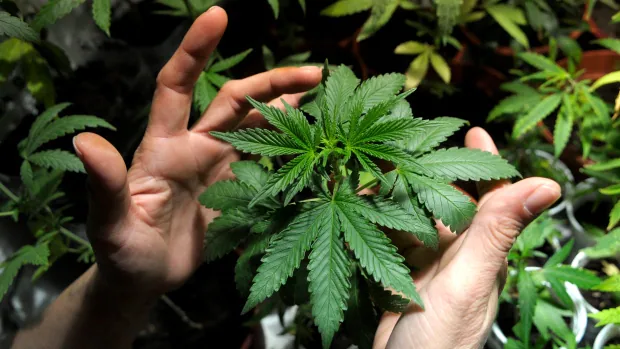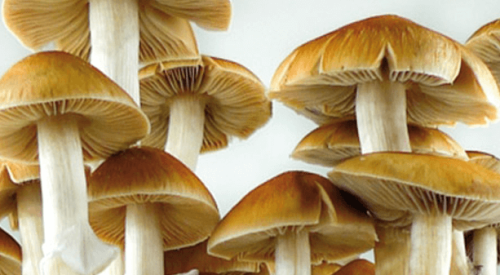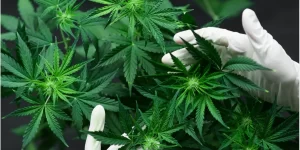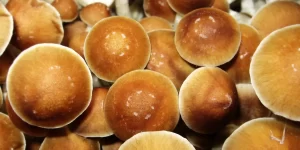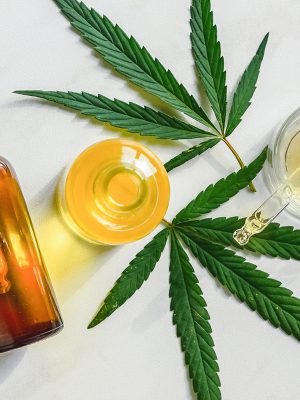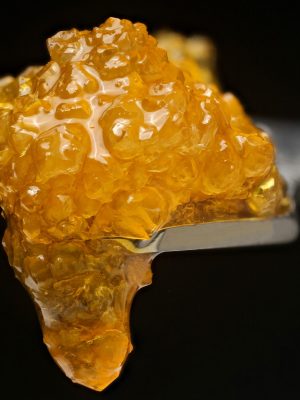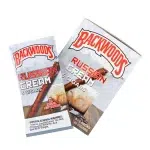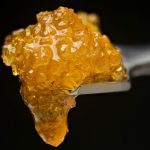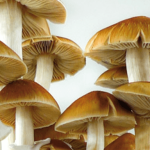For a lot of us, especially those new to cannabis, questions about marijuana are usually very centred around “where to buy weed Mississauga” or “how to buy weed online.” Now that gaining access to cannabis has been made a lot easier since its legalization, a couple of other questions come to mind.
Yes, Canada was the first G7 country to legalize cannabis at the federal level for adult recreational use with Bill C-45 (aka the Cannabis Act) but ever wonder for example
Why or even when was weed legalized in Canada? Or what the catalyst was for cannabis law reform? Read on for a brief history and evolution of cannabis in Canada.
Criminalization
Let’s start at the beginning. In the 19th century, cannabis was frequently used as an ingredient in various medicines that were used to treat a spectrum of ailments, everything from asthma to ulcers. According to Dr. Susan C Boyd, a professor and member of the Task Force on Marijuana Legalization and Regulation, in a piece about Cannabis in Canada: A History for Canadian retailer Frank and Oak, Canadians were very much used to pharmaceutical companies producing and widely distributing plant based medicines where cannabis was an ingredient but they weren’t smoking it.
Reports of smoking cannabis came primarily from the US and were frequently tied to specific races – the Mexican laborers and Black jazz musicians. According to Boyd, because of this loose (but apparently enough) connection of a certain “type” of individual consuming cannabis, the drug – and all plant-based drugs for that matter – got a bad rap. “For smoking opium, it was Chinese Canadians and the fear of mixing of races – that women would be corrupted by Chinese men, or black men [with cannabis] and abandon their family [to] have a life of crime and addiction.”
Canada officially criminalized cannabis in 1923 when the Narcotics Drug Act Amendment Bill was introduced to the Act to Prohibit the Improper Use of Opium and Other Drugs making cannabis, opium, cocaine and morphine illegal. The US followed suit 14 years later in 1937. Boyd argues it was a colonial attitude on behalf of the nation that demonized the drug, “the drug laws were seen as regulating these foreigners. If you look at [our] drug policies, they’re so race-based it boggles the mind. Our first drug prohibition was alcohol prohibition for status Indians, and that lasted more than a century.”
A Shift in Thinking
When the 60’s rolled around, the perception of cannabis started to shift. Canada for the first time saw white middle-class youth consuming cannabis and according to Boyd, while marginalized groups continued to be the targets for stricter enforcement of cannabis law, “a different kind of family now had children being arrested for cannabis use, which spurred on a call for government intervention.”
With the changing rhetoric surrounding cannabis consumption but also the uptick in arrests for cannabis possession – Canada went from 25 convictions between 1930 and 1946, to 20 cases in 1962 alone – the Royal Commission of Enquiry into the Non-medical Use of Drugs also known as the Le Dain Commission (after its chairman, Gerald Le Dain) was established in 1969. The main function of the Le Dain Commission was to investigate the non-medical uses for cannabis. The Le Dain Commission concluded their report in 1972 and while it was recommended that the federal government remove criminal penalties for the use and possession of cannabis, the report did not push directly for legalization.
The Right to Life, Liberty and Security of a Person
Canada reached another milestone in cannabis reform in 1996 when Terrence Parker, who suffered from severe epileptic seizures, was arrested for possession, cultivation and trafficking when he was caught growing cannabis as a way to help control his seizures. Parker appealed to the Canadian Charter of Rights and Freedoms and in 2000, the Ontario Court of Appeal ruled that the prohibition of cannabis infringed on Parker’s right to life, liberty and security of a person ultimately rendering cannabis prohibition unconstitutional.
In 2001, hot off the heels of the Parker appeal, the Canadian government enacted the Marihuana for Medical Access Regulations (MMAR) which allowed access to cannabis for Canadian patients who couldn’t find relief through conventional treatments. Canadians were now allowed to cultivate their own marijuana plants or purchase from legal growers.
2003 – 2018
A lot of momentum was gained with the Terrence Parker appeal and between 2003 -2018 the Canadian government continued to institute change for cannabis legislation.
In 2003, the Marijuana Decriminalization Measure was introduced, reducing the possession of up to 15 grams of cannabis to a civil fine – a bill that later died.
In 2006, then Prime Minister, Stephen Harper imposed a mandatory prison sentence for cannabis dealers, and anyone charged with growing more than 500 plants would be subject to a two-year minimum sentence. Maximum penalties for cannabis production also increased from 7 to 14 years in jail – all part of a new national anti-drug strategy.
In 2013, the Marijuana for Medical Purposes Regulations (MMPR) was introduced which officially saw the start of a commercially licensed industry for the production and distribution of cannabis for medicinal purposes.
In 2017 the Canadian Government proposed Bill C-45 (the Cannabis Act) which would legalize possession, consumption, cultivation and purchase of limited amounts of cannabis for Canadians 18 and older.
In 2018 the Cannabis Act officially went into effect making cannabis legal for recreational and medicinal use Canada-wide.
Canada’s long and often tumultuous history with cannabis obviously extends way beyond what we’ve outlined here, but if reading this makes you want to exercise your liberty to consume cannabis then make sure to call Chronic Haze for all your cannabis needs.
Same Day Weed Delivery, Curbside Pickup, or Mail Order Canada Wide
You may be wondering, “Is there a Dispensary near me?” Of course there is! Order with Chronic Haze today for same day weed delivery in Mississauga, Brampton, Etobicoke, Oakville or Milton. We also offer curbside pickup in Mississauga.
Not within the service boundaries? Try ordering weed online as we ship Canada-wide, which typically takes 2-3 business days. Experience our service today!


